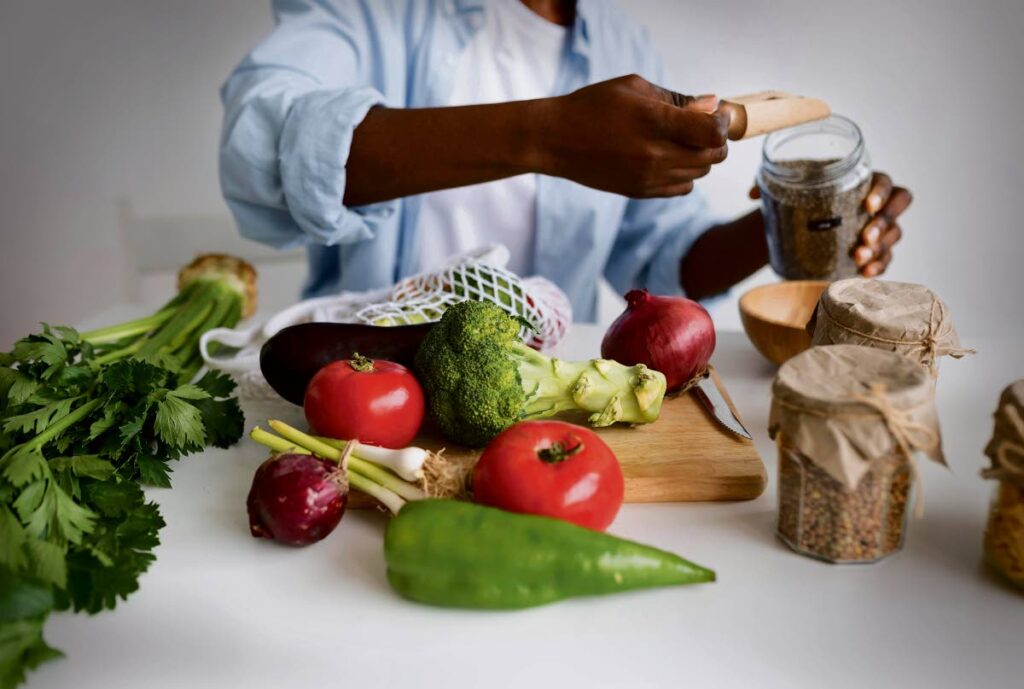Food insecurity decreases by 10% in English-speaking Caribbean

In the English-speaking Caribbean, there are 3.7 million people – or 52 per cent of the population – who remain food-insecure.
But this is a ten per cent decrease compared to a survey done last August. The food security and livelihoods survey was done by the World Food Programme and the Caribbean Community (Caricom) (WFP Caribbean).
Last year's survey underscored growing financial hardship and challenges because of rising cost of living in the aftermath of the covid19 pandemic, a release from WFP Caribbean said on Monday.
The survey also showed 98 per cent of respondents reported high food prices in the three months before the survey – the highest level reported since the first survey in 2020.
The release added that in a region that is highly vulnerable to climate shocks, the survey showed 42 per cent of households were affected by climate-related hazards in the 12 months before the survey. These events continue to have a significant impact on climate-sensitive livelihood activities such as in agriculture and fisheries, the release said.
Regis Chapman, representative and country director of WFP Caribbean multi-country office, said, "In this complex socio-economic environment that is vulnerable to climate change, the priority of Caricom and national governments to make food accessible amidst these shocks is important. Collaboration across agriculture, social protection, education, and finance sectors, helps to improve livelihood opportunities and contributes to achieving affordable food for all."
David Prendergast, director, directorate of single market and external trade added, "Food insecurity is having major effects on the socio-economic welfare of citizens throughout the region. The solution, however, can only be accomplished through joint regional efforts in the planning and execution of comprehensive sustainable actionable solutions geared towards building resilience against climatic conditions and future market disruptions."
WFP Caribbean said the results are a reminder of the importance of the region's agenda to reduce imports by 25 per cent by 2025.
This also includes strengthening food systems in the Caribbean so that they are resilient and adaptive to shocks and building on measures to address the affordability, accessibility and availability of livelihood inputs.
The survey was completed with the support of the Canadian government, the European Union and the US Agency for International Development's Bureau of Humanitarian Assistance.


Comments
"Food insecurity decreases by 10% in English-speaking Caribbean"